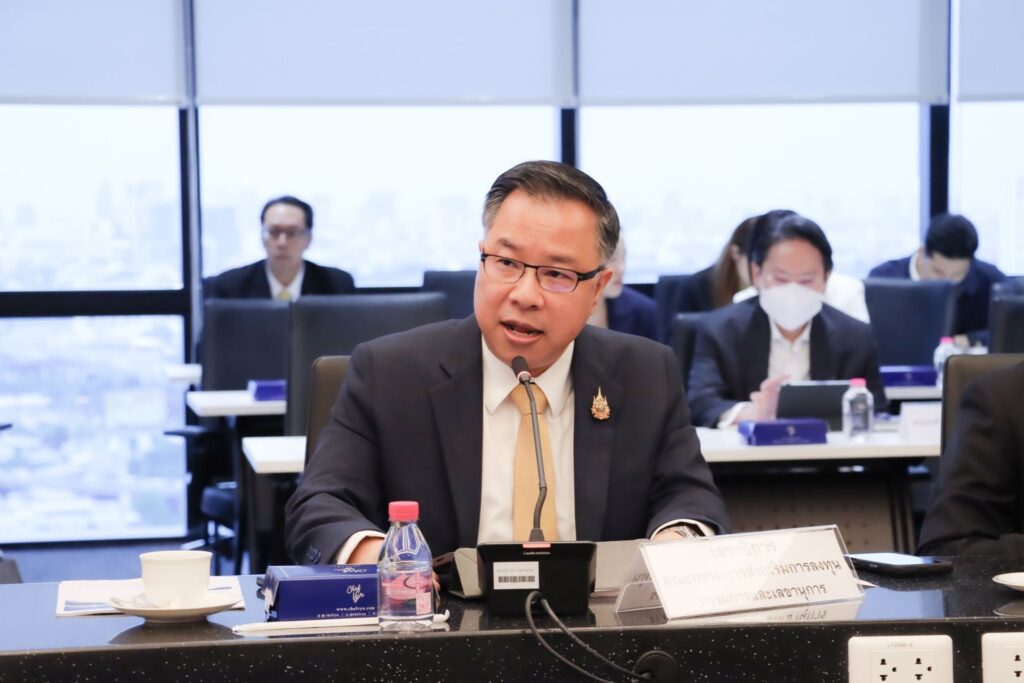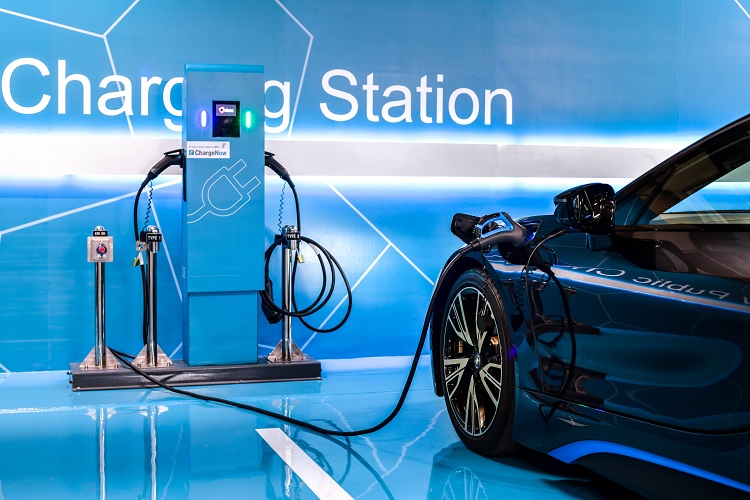ASIA ELECTRONICS INDUSTRYYOUR WINDOW TO SMART MANUFACTURING
New Incentives to Soar Thai EV at Full Throttle
Thailand’s electric vehicle (EV) sector has been expanding in recent years. For that reason, the country continues to improve its incentive packages for manufacturers to enjoy and propel the country as an export base in the Southeast Asian region.
“The EV Board acknowledged the continued expansion of the EV sector in Thailand and took steps to allow further growth and encourage manufacturers to export more,” Mr. Narit Therdsteerasukdi, Secretary General of the Thailand Board of Investment (BOI), who is also the secretary of the EV Board, said in a press conference.
Export Haven
The revised EV3 and EV3.5 incentive packages will encourage battery EV manufacturers to produce locally to compensate for the vehicles they imported since the start of the EV subsidies in 2022 before they started local production. In the revised incentives, one vehicle produced for export will be accounted as 1.5 vehicle, making it easier for carmakers to meet their production commitments. This approach will increase the number of electric vehicle exports to approximately 12,500 units in 2025 and approximately 52,000 units in 2026.

Currently, 27 companies are participating in the EV3 scheme, including 16 electric passenger car and pickup truck manufacturers, and 11 electric motorcycle manufacturers. Ten companies are participating in the EV3.5 measure, all of which are passenger car manufacturers already participating in EV3.
In June, the Thai BOI also approved incentives to increase the use of local content in the manufacturing of BEVs and plug-in hybrid electric vehicles (PHEVs). Specifically, the government offered additional 2-year 50% corporate income tax reduction (CIT) to companies meeting the criteria and conditions.
To qualify for the tax benefits, the manufacturers of EV and related electric vehicle components must use locally made parts with a combined value of not less than 40% of the total value of raw materials for BEV, and not less than 45% for PHEV.
On the consumer side, a total of 175,064 BEV cars and 34,559 electric motorcycles have so far been granted subsidies totaling over 12 billion baht under the EV 3.0 and EV 3.5 schemes.

Growing BEV Registrations, Infrastructure
The Thai government has been aggressively intensifying its campaign to make the country the leader in the region’s automotive manufacturing and at the same time a key EV production base, said Therdsteerasukdi.
In the first half of 2025, registration of new BEV passenger cars reached 57,289, an increase of 52.4 percent over the same period in 2024 and accounts 15 percent of all new passenger car registrations.
For the whole of 2024, a total of 70,582 BEV passenger cars were registered. A total of 203,000 BEV passenger cars is on the road in the country, along with 71,900 electric motorcycles, 3,800 electric buses and trucks, and 1,000 three-wheeled electric locally known as tuk tuks.
Charging network has been expanding as well and the country has a total of 3,720 charging stations in operation as of March 2025. Out of the 11,622 installed chargers, 6,524 were DC fast chargers, some 48 percent more than the 4,400 that had been expected for this year in the initial EV sector development plan.
The plan expects the number of DC fast chargers to total 12,000 by 2030. Under the “30@30” policy, Thailand aims for at least 30% of vehicles produced in Thailand to be electric vehicles by 2030.
Growing EV Supply Chain Investments
The progress in the country’s EV sector is not only seen in new registrations and improved infrastructure but also in investments.
According to Therdsteerasukdi, the total amount of investment in the local EV supply chain has reached 137.7 billion baht (approx. US$ 4.2 billion) as of end-June 2025. The approved investments include key components, charging systems, and battery swapping services.
Of the said investments, 21 projects involve BEV production totaling 41.08 billion baht with a combined production capacity of 386,000. In battery production, total investments approved to date are 80.1 billion baht, which covers 53 projects, including both battery module production and manufacturing battery cells.
Also, about 16 projects, representing 990 million baht involve battery electric motorcycle production with a combined production capacity of 4,800 units per year.
Other investments include 42 projects in production of other key parts with 6.52 billion baht; 29 projects representing 5.56 billion baht in EV charging stations, which would install 20,080 charging stations, including 7,360 DC chargers; and about another 1.28 billion baht of investments for battery swapping station covering 5 projects.
Moreover, about 2.21 billion baht and of the total investments are three battery electric bus and truck production projects with a combined production capacity of 4,800 units per year.
01 August 2025




